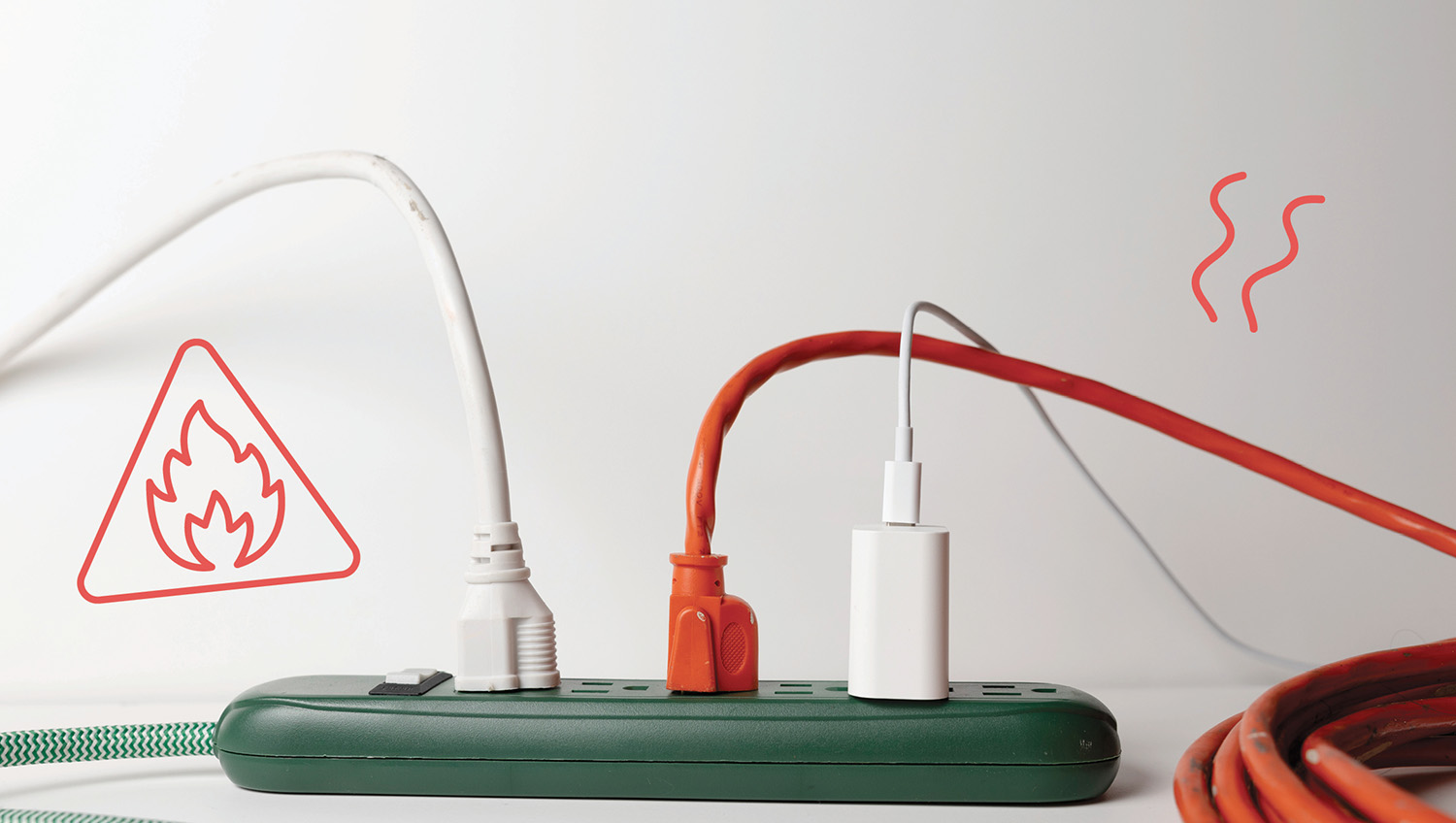
When it comes to safety there are a number of things that people may not think about. Even the smallest things can cause a fire but WKU has plenty of resources across campus, including the environmental health and safety department.
David Oliver, director of environmental health and safety at WKU, said that cooking can be a common way fires start, and it is important to know how to
stop them.
“The number one cause of fires in residence halls is cooking. Cooking fires are major causes in residential areas too; it’s way up there,” Oliver said. “I tell people to keep a canister of baking soda that you can use because it’s one of the best fire extinguishers.”
Oliver was a volunteer firefighter for 27 years and has worked in fire and general safety management for most of his life. He said that several years ago when there was smoking in most places smoking was a big issue too. When no smoking rules became more common, electrical systems started to be a major cause as well.
“We’re seeing in some cases having some issues with lithium batteries,” Oliver said. “They can short, and they burn really ferociously. I know a case up in Edwardsville where it started from a laptop charger.”
Oliver said that keeping things with lithium batteries plugged in for too long is something that can become a problem. He said that several years ago when hoverboards were first popular that was something that caused problems. He said that the early lithium batteries used for it were dangerous if left plugged in for too long and that there were several cases of them starting fires.
Jim Williams, safety and preparedness manager at WKU, also said that cooking and electrical systems were the most common cases in residence halls but that if something does happen someone needs to know immediately.
“If you do have a problem, immediately report it. Don’t be embarrassed because delayed alarms can cause a lot more problems. We would rather come and it not be anything than the problem having a five-minute start,” Williams said.
Williams said it’s better to be safe than sorry. Just because it may not feel significant, it could lead to something dangerous he said.
“In the event of a fire alarm, treat them all as if they’re the real thing. I know that, depending on the time of day or weather, there can be a temptation to blow it off and hide under the covers, but you never know,” he said.
Williams said that even if fire isn’t visible or smoke can’t be smelled, it could still be the real thing, and it should be treated
as such.
Another problem that Williams identified as a safety hazard in homes is the risks of falls and trips.
“I mean we all think we’re invincible,” Williams said. “‘Oh, if that step is loose I know that I’ll step over it and fix it in the future.’ But the first time a friend comes that doesn’t know about it then you have the risk for injury.”
Resident assistant Peighten Sebestian said electrical cables such as laptop chargers can be a real danger when it comes to leaving them plugged in for too long.
Other things like iPhone chargers and extension cords can be dangerous too if not properly watched. Sebestian had an experience like this her previous semester working as an RA.
“We had an electrical fire last semester where a speaker had been plugged in for too long,” Sebestian said. “The best way to prevent this and keep yourself safe is to just be aware.”
Sebestian recommends that making sure that all extension cords or plugins are safe to use as well as always checking on burning candles. She recommended having fire safety items, such as a fire extinguisher, close by as well as keeping emergency campus numbers in your phone.
